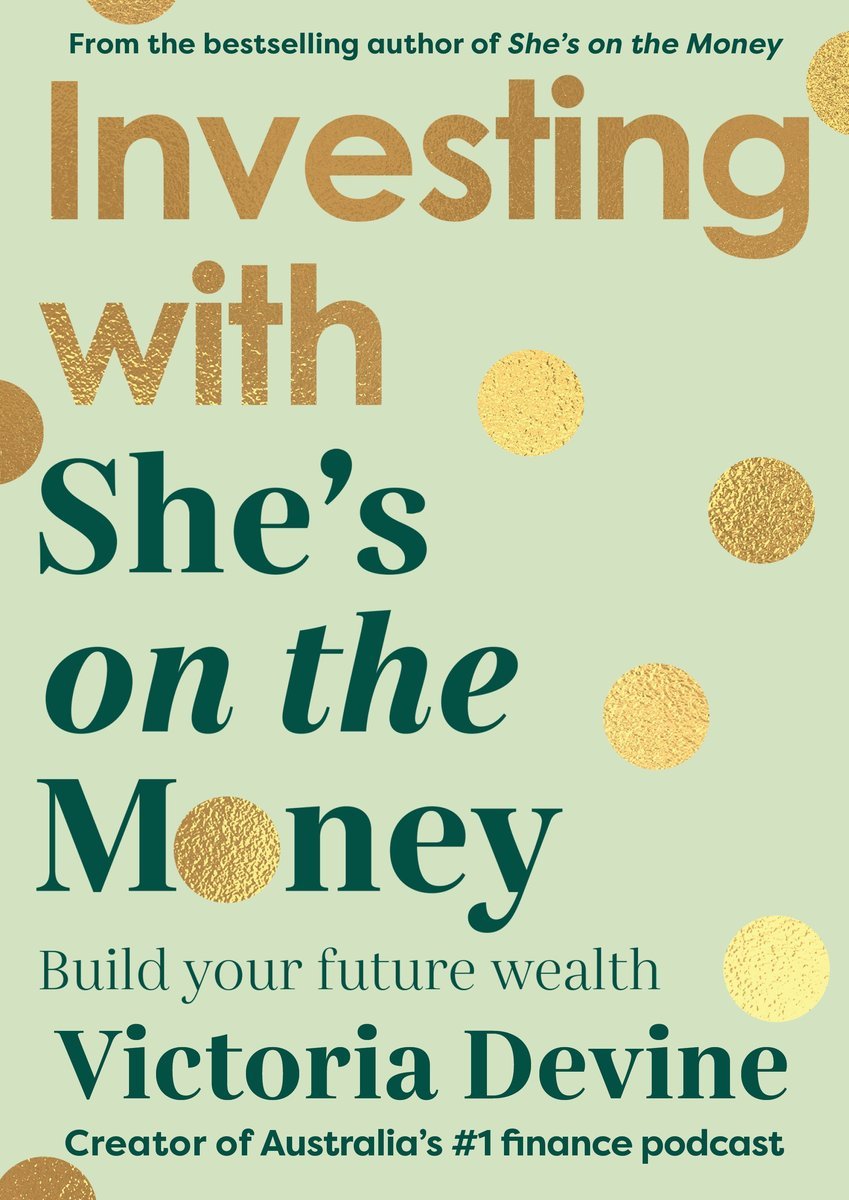
If you have $5k saved and are ready to start investing, it’s fair to say that things can feel... overwhelming.
There are several different methods of investing, each with its own pros and cons, and figuring out where to begin can seem like a big barrier to entry for many new investors. And you know what? That’s totally understandable!
Before you jump into it, it’s super-important to know your investment options and work out what is right for YOU.
There is no one-size-fits-all when it comes to handling your money, so you want to make sure that your method of investing suits your lifestyle and personal risk tolerance, and will help you achieve your long-term investment goals.
Watch: Ladies, let's talk money! Post continues below.
If you’re at a loss for what your options even are to begin with, fear not.
There are three main areas we are going to discuss today and once you know the basics, it’ll then be up to you to choose HOW you want to start your investment journey.
Just to really hit the point home, there is no right or wrong. It all comes down to what works for your unique situation.
Read on to arm yourself with the knowledge to make an informed decision, and you’ll be better equipped to begin your investing journey.
Three methods of investing to consider:
1. Exchange traded funds (EFTS).
If you’re looking for a more passive approach to investing, then maybe an ETF is the way to go.

Top Comments